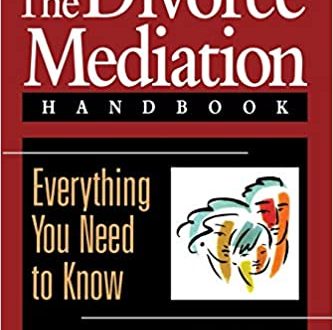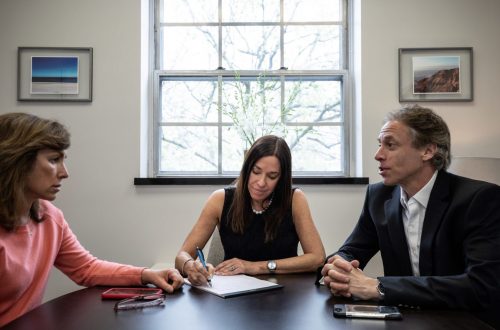Affordable Divorce Mediation on Long Island
During the mediation process, a neutral third party will act as a go-between. A mediator helps both parties to keep the discussion focused and encourages open communication. The process also allows the couple to brainstorm creative solutions that address the specific issues of the divorce. Aside from keeping both parties focused, the mediator can provide legal information, as well as help the couples determine how to divide the assets. Once the divorce is final, the mediator will help the two parties to agree on a parenting plan.

In the process of divorce mediation, the parties will gather their financial documents and discuss them with a qualified mediator. They will determine their respective assets and debts, and discuss child custody and support. They will also discuss their personal and religious beliefs and any important issues related to children. In most cases, both parties will be able to agree on the division of assets and child custody. Further, if both parties are willing to work together, they can resolve any remaining issues through mediation.
If one party wants to avoid the courtroom, the mediator will help them communicate. A mediator will assist both parties in overcoming the obstacles associated with separation. For example, the mediator will help them prepare and sign the divorce papers. These steps are crucial in a divorce. However, the benefits of mediation can’t be emphasized enough. The only downside is that you’ll have to be present at the meetings. That means that you’ll have to be available when the other party needs you.
Although it’s important to consider the cost of the divorce and your personal finances when choosing a mediation service, it may be worth your while. Some services are free, while others charge a small administrative fee to cover the administrative expenses. If your case is not contested, community mediation may be an affordable option for coparenting disputes. If you can’t afford to hire an attorney, community mediation might be a good idea.
While divorce mediation is unregulated in the United States, it is a good option for complex matters. A mediator has experience and training in settling divorces, and he or she can help you make an informed decision. A mediator should be able to handle the emotional aspects of a divorce. If you and your spouse are unable to communicate effectively with each other, it may be time to hire a lawyer. A lawyer can help you negotiate an agreement without the help of a family law attorney.
Divorce mediation should only be done if both spouses are emotionally ready to participate in the process. You must both be emotionally ready for the process. If you are deceiving or trying to hide anything from your spouse, this will only result in a tense and costly situation. You must be emotionally prepared for the mediation. Ultimately, you and your spouse can make a better settlement with the help of a mediator.
When you choose divorce mediation, you will need to consult a mediator. A mediator will help you settle all practical issues during your divorce. The mediator will not make decisions for you; instead, he or she will help you work out an agreement that is mutually beneficial. A judge will make decisions based on the agreement. This process can take up to 6 months, though some couples choose to postpone their divorce to avoid health insurance costs.
You will need to select a mediator. You can choose any qualified professional. The mediator will facilitate the process and make sure both parties reach a mutually beneficial agreement. It’s important to understand the process before deciding whether to use divorce mediation. You may not want to take the first step in a divorce, so don’t assume you’re too young to decide. You will need a lawyer. Once you’ve chosen a mediator, you can start the mediation.
While mediation differs from divorce trial, the process is similar. After both parties meet, the mediator will collect background information about both of them. He will then explain the mediator’s role and what to expect during the mediation process. He or she will also ask each party to sign a confidentiality agreement. The mediator will not disclose any private details of your divorce to a judge. A neutral third party will make decisions about the final outcome.



